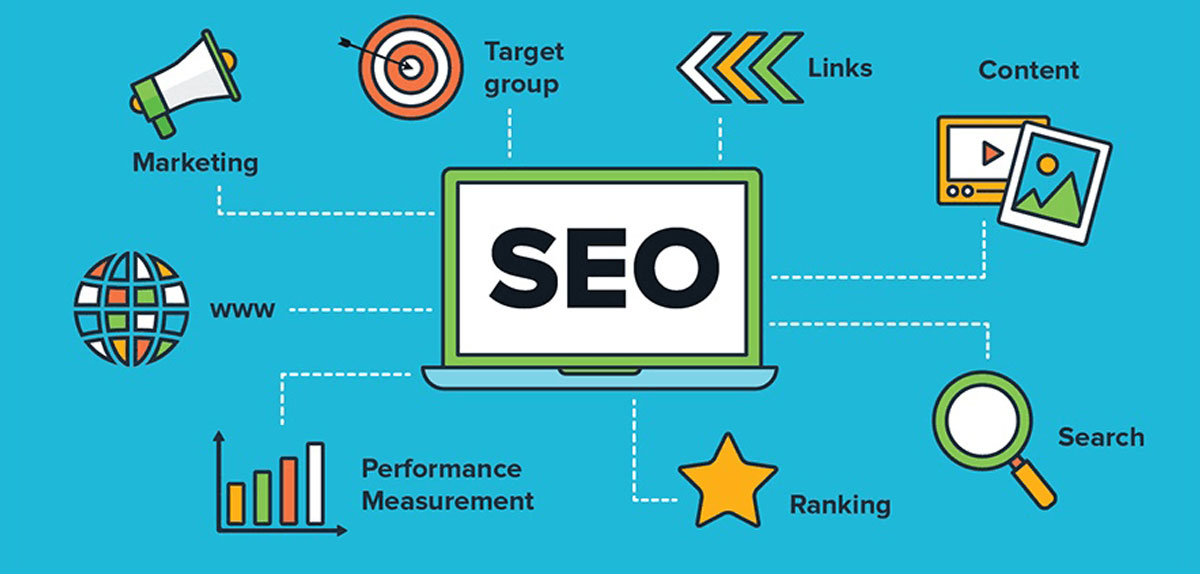
What is SEO
SEO stands for “Search Engine Optimization.” It refers to the practice of optimizing your website, online content, and digital presence to improve its visibility and ranking on search engine results pages (SERPs). The ultimate goal of SEO is to increase organic (non-paid) traffic to your website by making it more relevant and valuable to both search engines and users.
In other words, SEO involves various strategies and techniques that help your website rank higher in search engine results when someone searches for keywords or phrases related to your content or business. When your website ranks higher, it is more likely to attract clicks, visits, and potential customers.
Key components of SEO include:
-
Keyword Research: Identifying relevant keywords and phrases that people are using to search for topics related to your business. These keywords are then strategically incorporated into your content.
-
On-Page Optimization: Optimizing individual web pages to improve their visibility. This includes optimizing title tags, meta descriptions, headings, and using keywords naturally in the content.
-
Content Creation: Producing high-quality, informative, and engaging content that addresses the needs and interests of your target audience. This content can be in the form of blog posts, articles, videos, infographics, and more.
-
Technical SEO: Ensuring that your website is technically sound and easily crawlable by search engine bots. This involves optimizing site speed, mobile-friendliness, URL structure, and internal linking.
-
Backlink Building: Acquiring high-quality backlinks (links from other websites to yours) is a crucial aspect of SEO. Search engines view backlinks as a signal of your website's credibility and authority.
-
User Experience (UX): Providing a positive user experience on your website, including easy navigation, clear layout, and fast loading times. Good UX contributes to lower bounce rates and higher rankings.
-
Local SEO: If you have a physical business location, local SEO helps your business appear in local search results. This involves optimizing your Google My Business profile and obtaining local citations.
-
Analytics and Monitoring: Continuously tracking and analyzing your website's performance using tools like Google Analytics and Google Search Console. This helps you understand what's working and what needs improvement.
Search engines like Google use complex algorithms to determine how to rank websites based on various factors such as relevance, authority, and user experience. SEO professionals and marketers work to align their strategies with these algorithms to improve their website's chances of ranking higher.
It's important to note that SEO is an ongoing process and requires consistent effort. Achieving and maintaining high rankings takes time, as search engines regularly update their algorithms to provide users with the most relevant and high-quality results.


